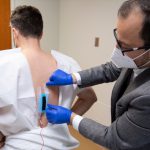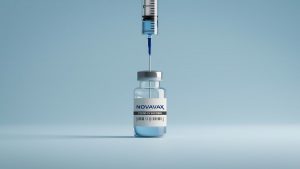
An exhaustive review of sleep research spanning five decades underscores the importance of getting your Zzzzzs. Sleep loss undermines emotional functioning and increases a person’s risk for anxiety and depression, the study found. It also takes a toll on positive emotions like joy, happiness and contentment. “In our largely sleep-deprived society, quantifying the effects of sleep loss on emotion is critical for promoting psychological health,” said lead author Cara Palma, director of the Sleep and Development Lab at Montana State University in Bozeman. “This study … provides strong evidence that periods of extended wakefulness, shortened sleep duration, and nighttime awakenings adversely influence human emotional functioning.” For the study, Palma’s team analyzed data from 154 studies that included more than 5,700 people. In every study, participants’ sleep was disrupted for one night or more. Some kept participants awake for an extended period. Some allowed less-than-typical amounts of shuteye, and others awakened participants periodically throughout the night. Each also looked at one emotional measure, such as self-reported mood or measures of anxiety and depression. All three types of sleep loss took a toll on positive emotions and increased anxiety symptoms such as worry and rapid heart rate. “This occurred even after short periods of sleep loss, like staying up an hour or two later than usual or after losing just a few hours of sleep,” Palmer… read on > read on >
































-300x200.jpg)




